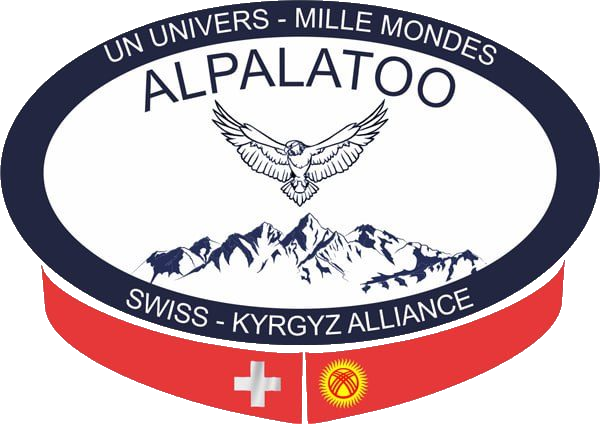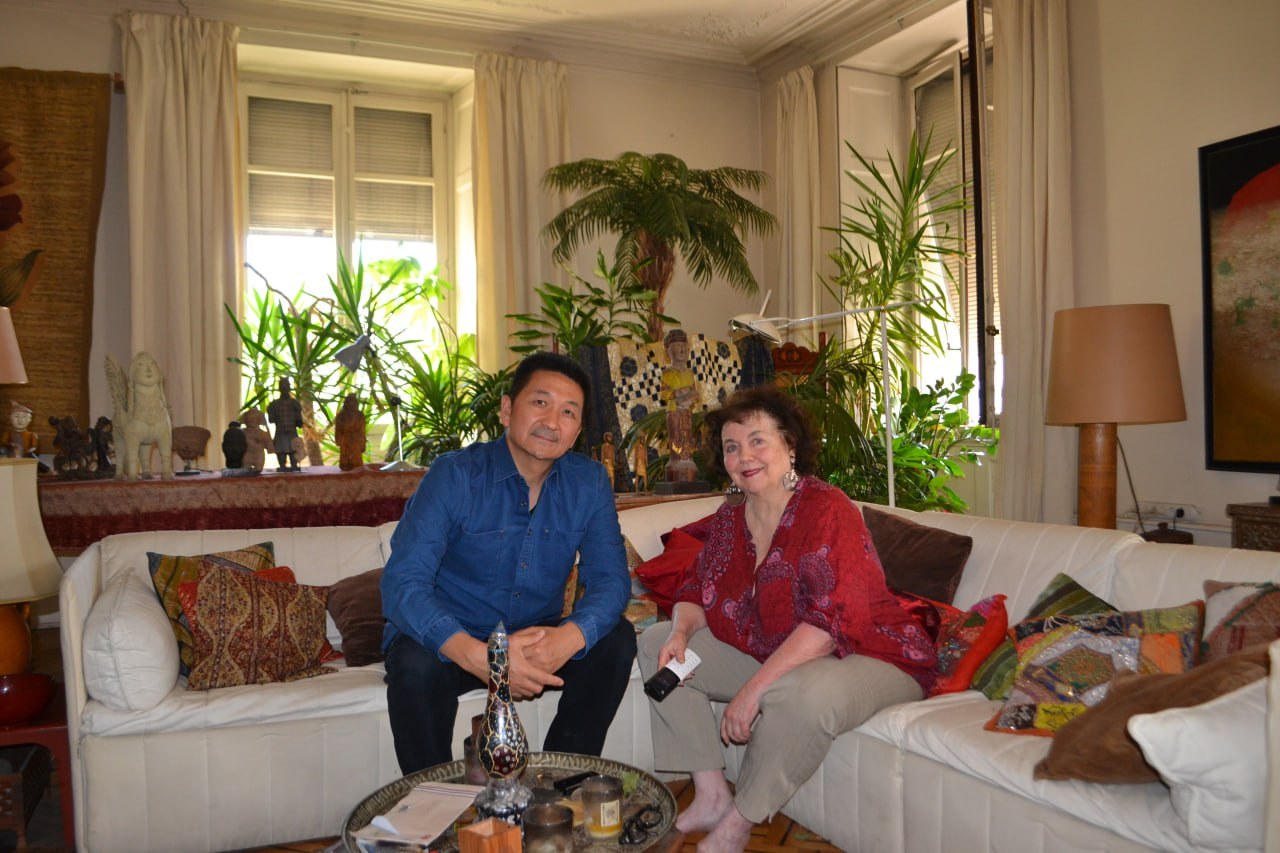– Could you briefly introduce yourself?
My name is Michael Gassner. I am an expert in Islamic finance and have been living in Geneva for eleven years. Prior to that, I worked in Saudi Arabia for an Islamic bank, and before that in Germany, my country of origin. Since my youth, I've been interested in financial matters, particularly issues related to debt. I initially trained at a cooperative bank in my hometown, then studied finance and economics. After an initial experience in the "New Economy," which collapsed twenty years ago, I redirected my career towards Islamic finance. What interests me is understanding why this system could be beneficial, especially in European countries, and what its objectives are.
– Why did you become interested in Islamic finance?
Because over-indebtedness is a massive problem today: at the individual level, at the state level, and globally. It's always the poorest who suffer the most. For example, in the United States or England, students are indebted for life due to their studies. In general, consumer debt is growing exponentially. Today, we are in the final phase of this uncontrolled growth, and I am interested in alternatives to better manage these excesses.
– What is an Islamic bank? How does it differ from a traditional bank?
An Islamic bank does not offer interest-bearing loans. It purchases an asset and then resells it to the client with installment payments. The price is fixed in advance, which avoids the exponential growth of debts. This allows for better control of over-indebtedness risks.
– What are the advantages of Islamic finance?
It helps prevent over-indebtedness by imposing a stricter framework: not spending more than one earns, avoiding interest, sharing risks. These principles are essentially common sense, but they are systematized in Islamic finance.
– Can everyone benefit from these services, or is it reserved for Muslims?
Everyone can benefit. In Malaysia, for example, many Islamic finance clients are non-Muslim Chinese. It's a system open to all, simply with a different approach.
– What are the main principles that structure Islamic finance?
The prohibition of interest, risk-sharing, transparency, and social responsibility. The Quran prohibits "riba," often translated as interest, but which means "growth" in Arabic. The idea is that money should not generate money without real activity. This creates social injustices, especially for the poorest.
– Can we say that the Quran completely prohibits credit?
No, the Quran prohibits renting money for money with interest. However, buying something and paying for it later at an agreed price is permitted. These are two different logics.
– How long has this system existed?
It has been around for nearly 1,500 years. But even in Christian and Jewish traditions, this prohibition of interest existed. Other civilizations have also limited the exponential growth of debts.
– How does financing a house work in practice, for example?
The bank buys the house and then resells it to the client at a higher but fixed price, payable over several years. This price includes financial costs but does not change over time. That's the essential difference.
– Do you have a concrete example?
Yes, imagine a client buying a house. The bank finances it and resells it to him in annual installments: each year, he repurchases 10% of the house. For the part he doesn't yet own, he pays rent to the bank. This model is called Musharakah Mutanaqisah.
– Are there risks or pitfalls?
Yes, especially for banks. In some countries, legislation does not allow banks to buy or sell assets, as in Russia. This complicates matters. In Germany, some double-priced house sales have also created disputes. If the house has a defect, the client can take action against the Islamic bank, which adds risk.
– Are there Islamic banks in Switzerland?
Not yet. In Europe, there are only three: Rayan Bank in England, KT Bank in Germany, and Bosna Bank International in Bosnia.
– What are the barriers to creating an Islamic bank in Europe?
The problem is regulatory and economic. To be competitive, a new bank must be of sufficient size. This requires a lot of capital and energy. Some legislations, like in Luxembourg, France, or the United Kingdom, have been adapted to facilitate Islamic finance, but the cost remains high. Generally, at least 100 million euros in capital are needed to launch a small bank.
– You also offer courses. Who are they for, and how can one enroll?
My courses cover wealth management, financial education in general, and specifically Islamic finance. They are intended for Muslims but also for anyone interested. For now, the course is in beta version on the Udemy platform. It is accessible only by invitation, via a link and a code that I provide personally.




